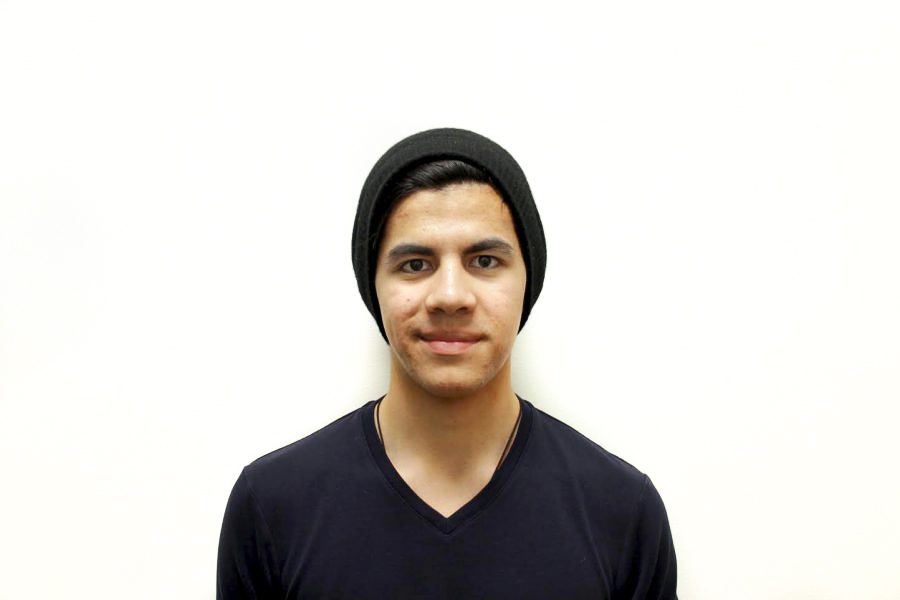Why The Head Transplant Should Happen
April 3, 2017
What once seemed like a science fiction plot from a Mary Shelley novel is now close to becoming reality — the world’s first head transplant is scheduled to take place in December of this year according to Fox News. The volunteer patient, Valery Spiridonov, suffers from Werdnig-Hoffmann disease, a rare condition that severely limits movement and causes muscle weakness, leaving him permanently in a wheelchair. The Italian surgeon leading the operation, Dr. Sergio Canavero, believes if the surgery is successful, it would open up a new door in the treatment and understanding of paralysis. Although the surgery has already been scheduled, many believe that the procedure is unethical. However, this surgery should occur considering its impact on history and in the field of paralysis.
According to the Telegraph, the doctors will prepare for the procedure by cooling down the patient’s and brain-dead donor’s bodies to around 10 degrees Celsius to freeze the cells. Next, the surgeon would partially sever the patients’ necks to connect the patient and donors major blood vessels with small tubes and finally begin transferring the head of the patient to the body of the donor. After the surgery — estimated to take 36 hours — the patient would be put in a coma for three to four weeks. As surreal as this may sound, the science seems sound. Despite the arguments against the surgery, if it were successful, the implications for medicine would be immense.
In an interview with the New York Times, the leading surgeon said that “the chances of this working are 90 percent,” but he also admitted “of course there is a marginal risk.” Considering there will be around 150 doctors performing this operation, as noted by Newsweek, the the odds of success are strong — which should inspire public confidence. The patient, Valery Spiridonov, has the opportunity to help advance science for the human race, his decision should be applauded and people should support him.
With the success of this operation, the possibilities for the future of surgical technology are unimaginable — this surgery could mark a milestone for transplant procedures. We should be advocating for the procedure and funding it to assure its success, because this is the future of our scientific capabilities.
Opinions expressed on the editorial pages are not necessarily those of WSN, and our publication of opinions is not an endorsement of them.
Email Adryan Barlia at [email protected]

















































































































































Julia Lancaster • Apr 11, 2017 at 6:17 am
Humanity shall never accept parasitic head, completely supported by another’s body, as part of our species. First of all, if this experiment would be successful, the very existence of resulting creature would entirely diminish our dignity as independent biological species, reduce humans to nothing more than a gray matter or even just mind, for which body is a changeable vessel. Treating human body like some kind of clothes would rise a second problem: the value of life would be inevitably cheapened.
That’s why this horrible experiment must be stopped.